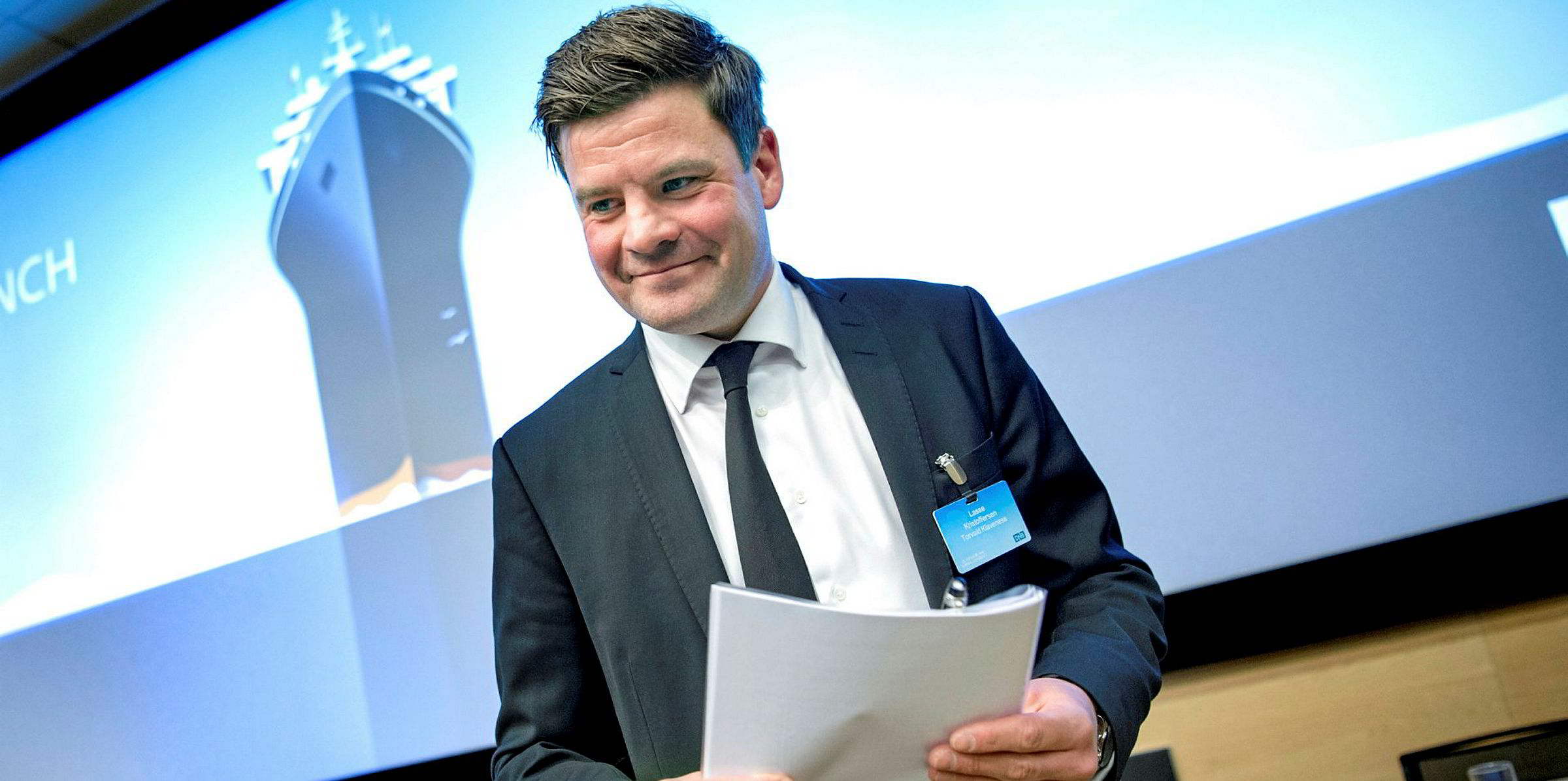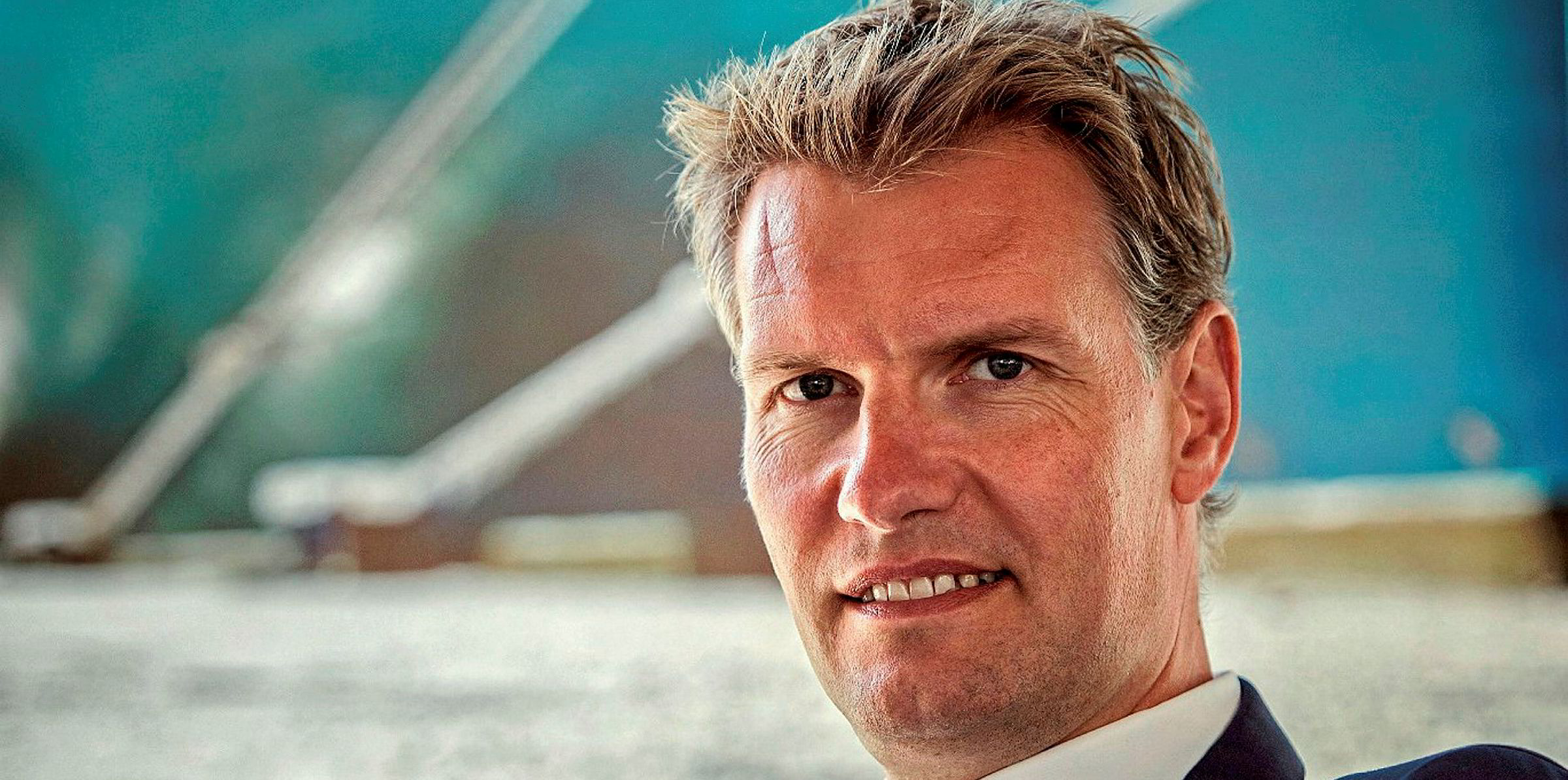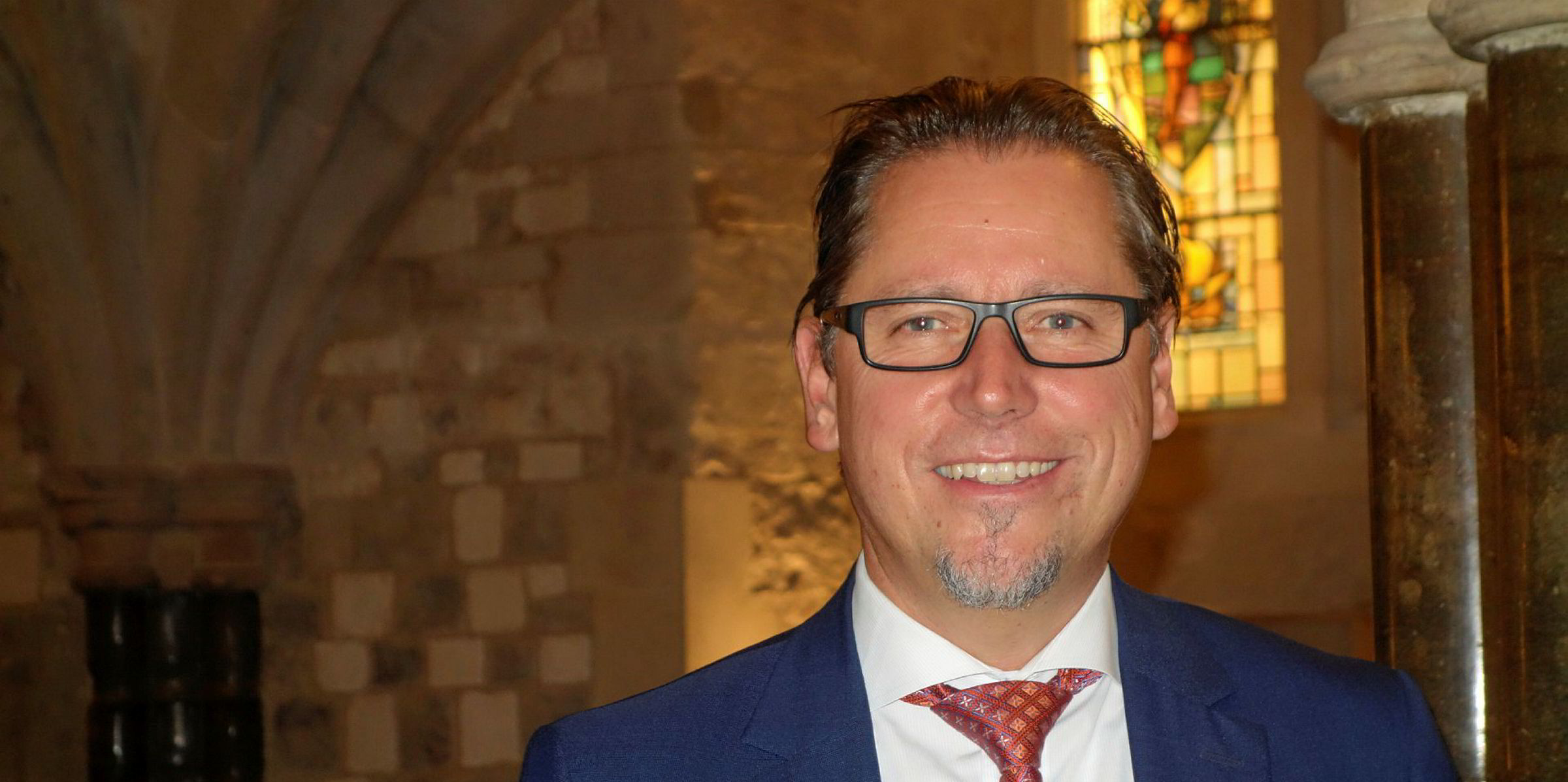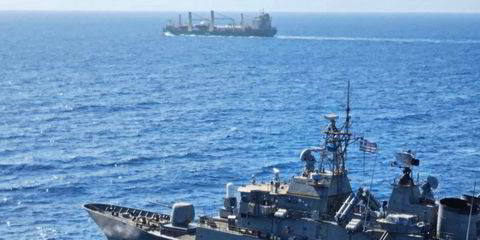Greta Thunberg thundering at the UN Climate Action Summit in New York; 1m people joining the global school student strike; and growing talk about the need for a Green New Deal. World attention is again focused on the enormous threat posed by global warming and carbon pollution.
Yet confusion continues in the maritime world about how to make concrete progress.
So the unveiling of the Getting to Zero Coalition, bringing together 70 maritime companies and organisations committed to decarbonisation, came just at the right time.
The forum, supported by blue-chip names such as Maersk and Shell, points out that prototype “no-CO2” ships need to be operating by 2030 to give the industry any chance of making 50% reductions by 2050 as demanded by the IMO, never mind the 100% zero-carbon targets sought by many environmentalists.
There is a list of dates for action that, if followed, look like the start of a plan, albeit uncosted and without a clear picture of support from the wider industry.
Certainly the time for prevarication, disorganisation and claims of unaffordability are over.
As a furious Thunberg said: “We are in the beginning of a mass extinction. And all you can talk about is money and fairy tales of eternal economic growth. How dare you!”
Antonio Guterres, the United Nations secretary general, admitted that “nature is angry” and he wants strong action plans, not more fine words.
We have seen ferocious droughts in Africa, melting glaciers, bleaching coral reefs and the hottest month on record in July.
We are in the beginning of a mass extinction. And all you can talk about is money and fairy tales of eternal economic growth. How dare you!
Greta Thunberg
So we must act now, but in what way, exactly? Surely slow-steaming should be used to bring major cuts in emissions. Why not have mandatory international speed limits?
Then there are those people who are hanging on for breakthroughs in zero-carbon propulsion systems, whether driven by electricity-based fuel cells, ammonia or hydrogen.
In the middle are those who think that ordering newbuildings fuelled by LNG is the best way forward.
Others fear that ships using LNG, while lower in carbon emissions than those powered by fuel oil, will soon run up against tightening carbon regulations.
And what about carbon offsetting? That involves buying CO2 credits against renewables projects elsewhere, similar to how NYK in Japan has been experimenting with one car carrier. But offsetting remains disputed territory with backers as well as detractors.
The occasional maverick will hope to use this confusion to argue against making any changes to the status quo.
That is unacceptable, even if it is possibly a position supported by the world’s most powerful politician, Donald Trump. He turned up briefly at the UN to talk up the need for patriotism over globalisation and to boost US fossil fuels, including the dirtiest coal.
This is absurd. Climate action requires global action, and Trump’s short-termist policies to keep fossil fuels cheap and burning at the expense of the planet are irresponsible.

Many of us were brought up with the benefits of cheap oil and high-carbon lifestyles and do not want to reduce our frequent flying and heavy meat consumption. But we must.
So must shipping revolutionise itself. New ideas are needed, like those of Lasse Kristoffersen, vice chairman of the International Chamber of Shipping and chief executive of Torvald Klaveness, who argues for the industry to take on board the European Union’s Emissions Trading Scheme and put a $20 price on a tonne of carbon.
The maritime industry could agree to pay this, pass the cost on to shippers and use the proceeds to fund technology research and development. Kristoffersen, who is president of the Norwegian Shipowners’ Association, believes it could eventually generate up to $40bn a year. That is a significant burden for consumers, so national governments might need to chip in, especially in developing countries.
But it would put rocket boosters under green research and development. Climate change is a threat, but also an opportunity. Who would not welcome cleaner oceans and an end to oil spills? No more Torrey Canyons, no more Exxon Valdezes.






